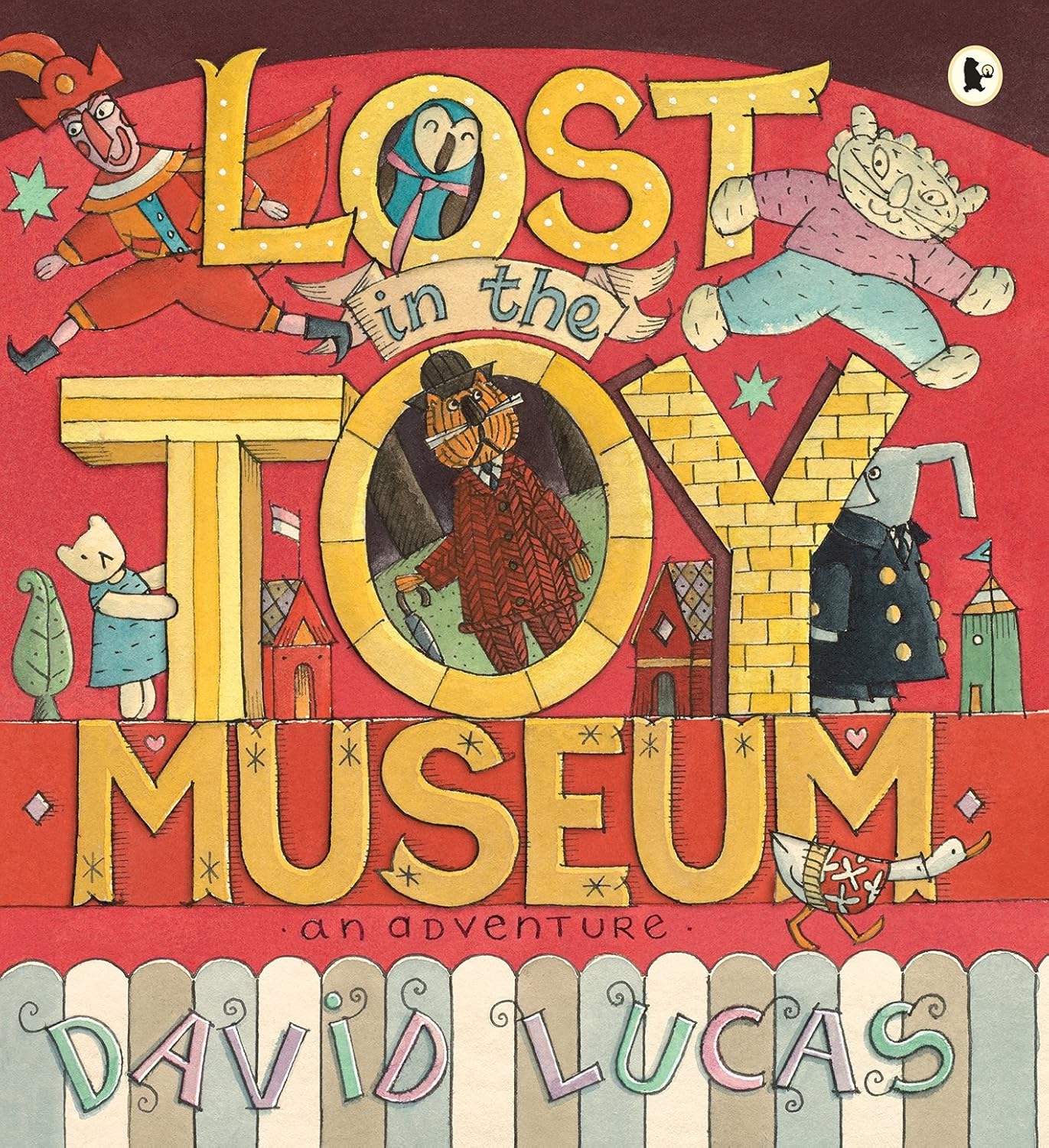
Lost in the Toy Museum: An Adventure
FREE Shipping
Lost in the Toy Museum: An Adventure
- Brand: Unbranded

Description
The illustrations and names of the toys could be useful in a phonics lesson as alliteration is used by Lucas regularly and the fun aspect of the story would bring enjoyment to the learning experience. With the help of a series of notes, he finds them, and they reveal that they were playing Hide and Seek.
The children will be introduced a planning document, they will plan their ideas for writing a simple news report about the ‘Missing Toys’. As a child he enjoyed drawing and writing, and he went on to study at St Martin’s School of Art and then the Royal College of Art.
Most purchases from business sellers are protected by the Consumer Contract Regulations 2013 which give you the right to cancel the purchase within 14 days after the day you receive the item. We don’t share your credit card details with third-party sellers, and we don’t sell your information to others. David Lucas is an extraordinary new talent in children's picture books - in 2008, he was named as one of The Big Picture campaign's Best New Illustrators.
A nice PSHE circle time activity may be to bring in their favourite toy and share memories with the class. The story is about how the toys in the museum come to life at night and decide to play hide and seek.
Sophie and Juliette both loved pointing things out in the pictures, even after reading the book several times. These toys are all based on examples of toys found over the last 100 years and highlighted in the fabulous book “Lost in the Toy Museum” by David Lucas. Lost in the Toy Museum was written by David Lucas and instigated from the author's memories of visiting the 'Museum of Childhood' as a youngster in Bethnal Green, in East London. For Art Prints please allow 5 working days for unframed prints and 15 working days for framed prints/ stretched canvas. YOu ccould use the story for inspiration to create a Toy Fact File using one of the characters from this EYFS/KS1 picture book.
- Fruugo ID: 258392218-563234582
- EAN: 764486781913
-
Sold by: Fruugo
